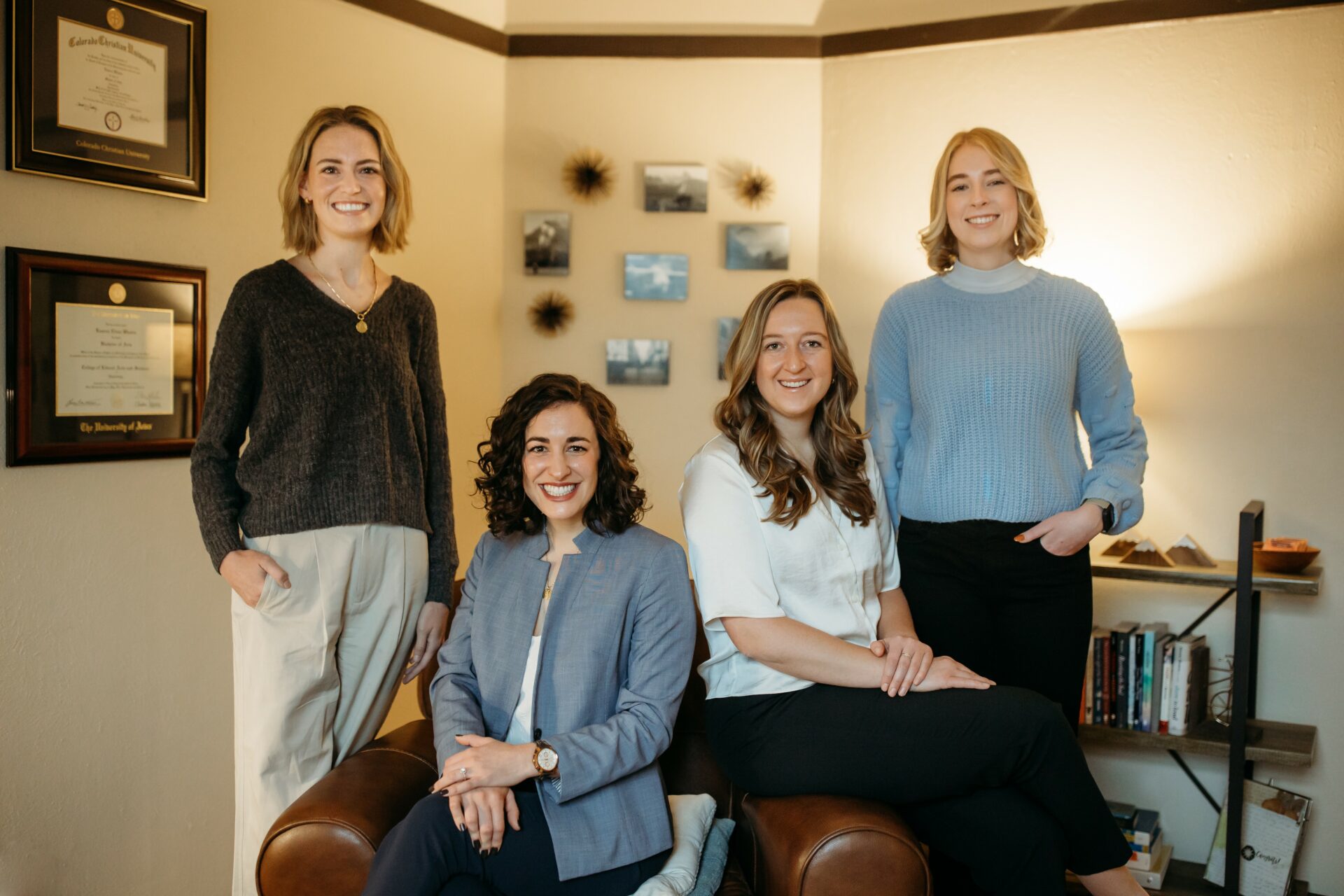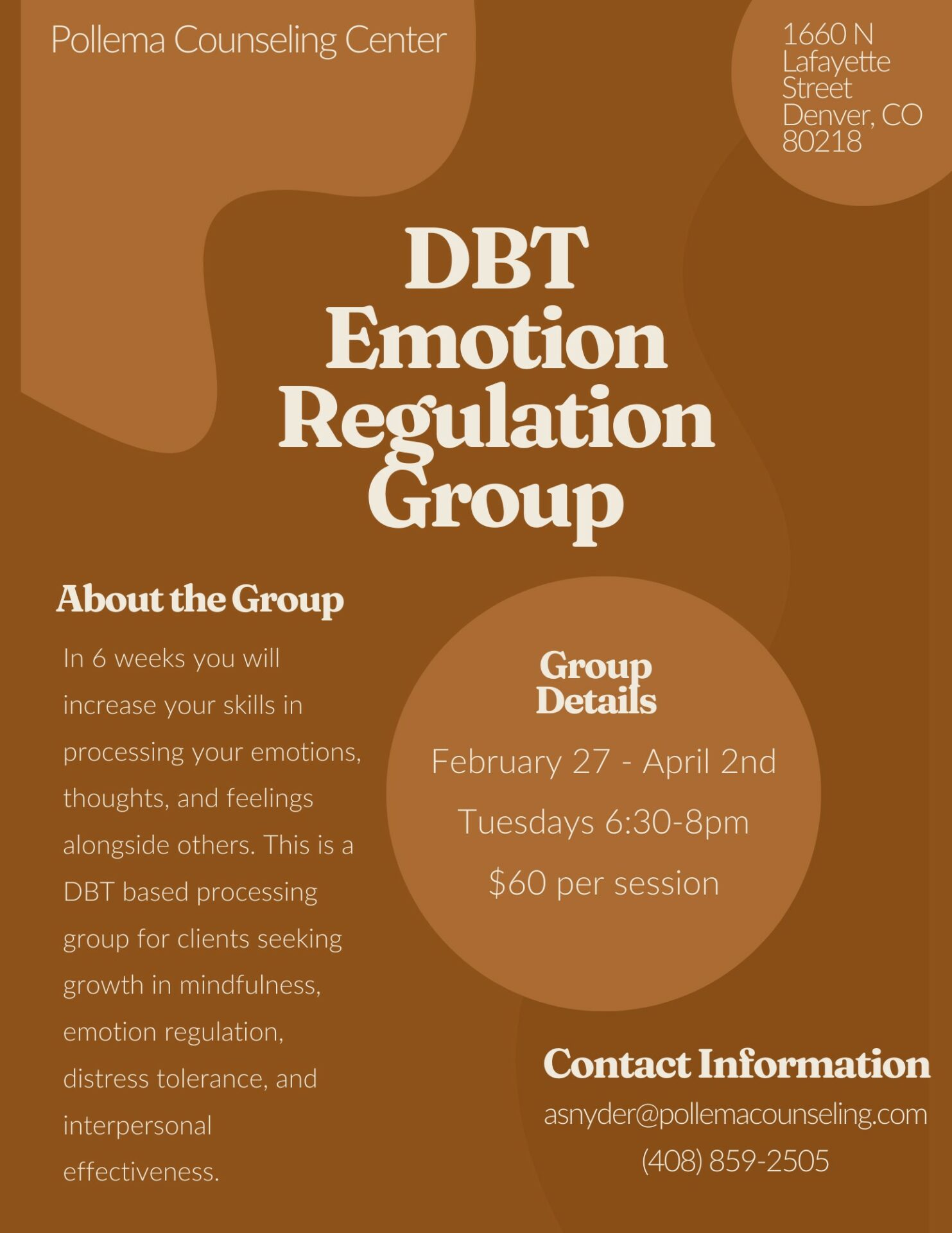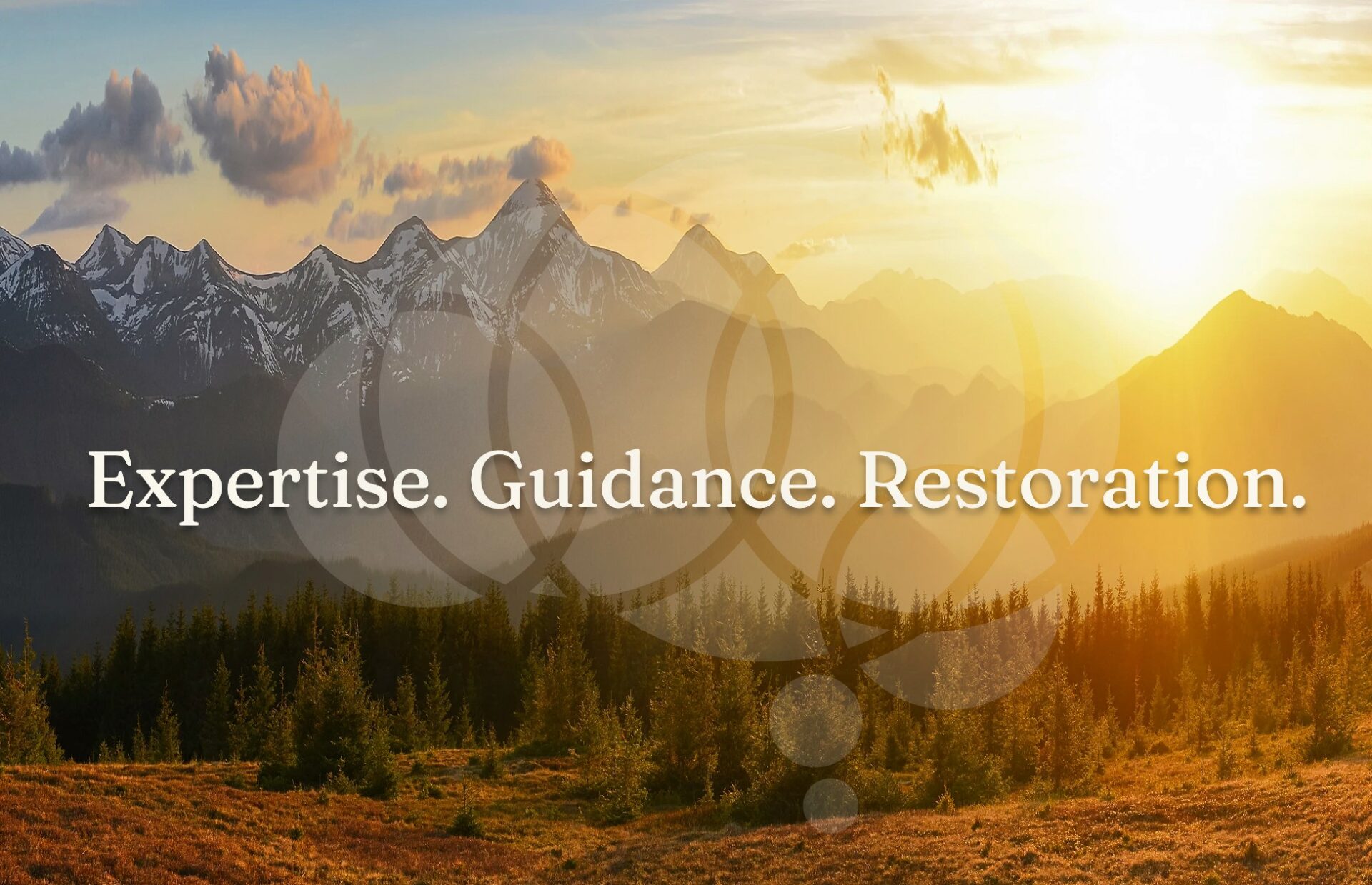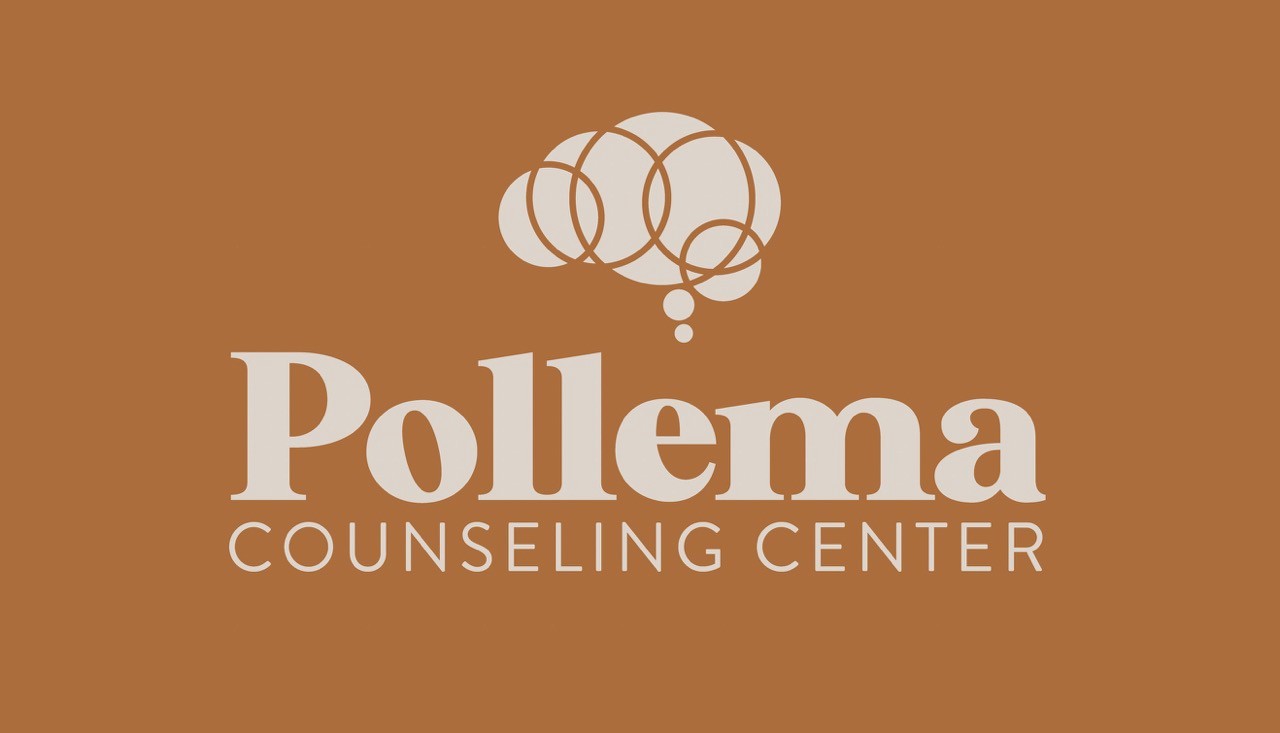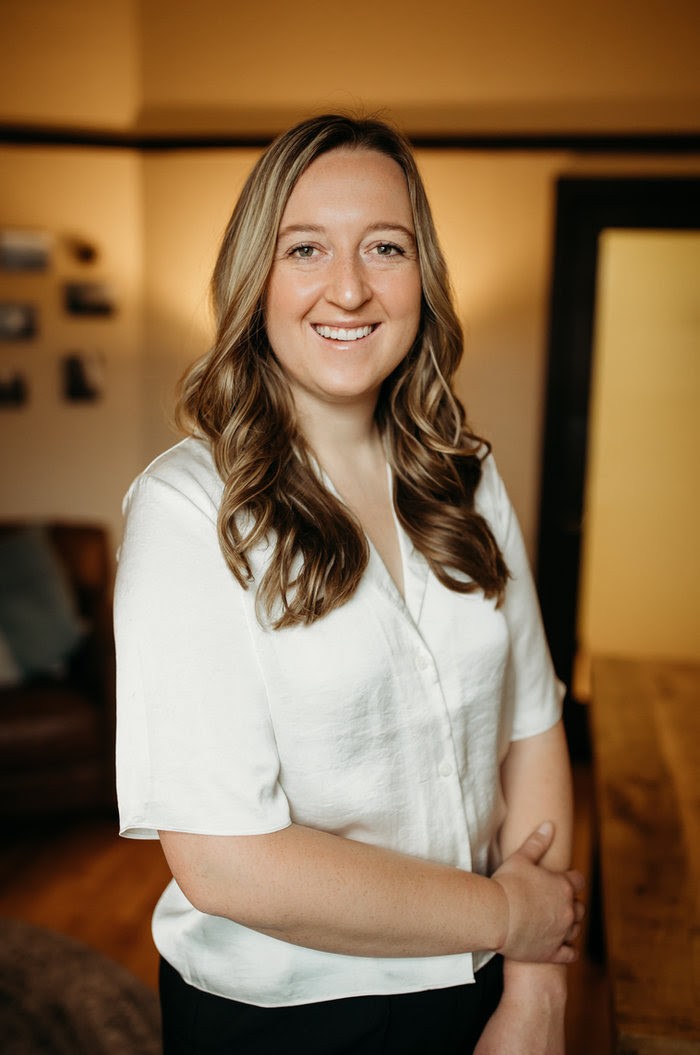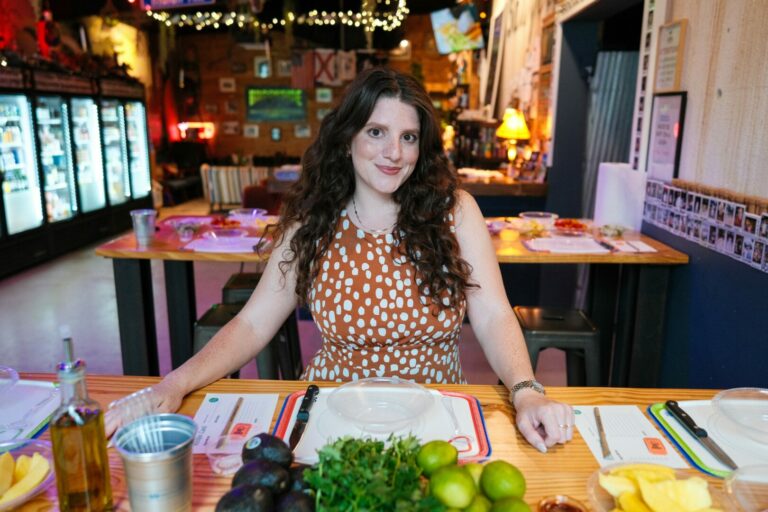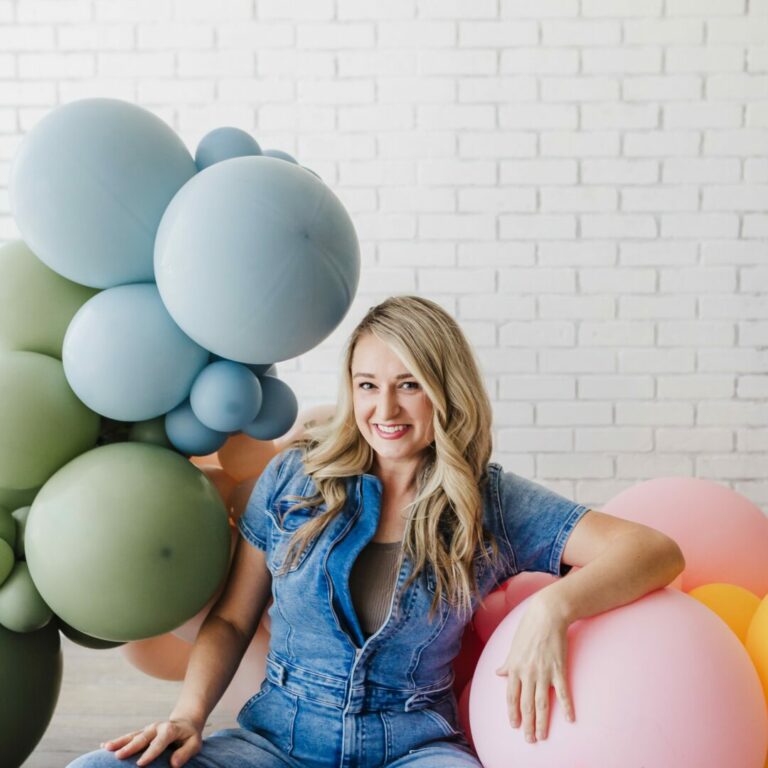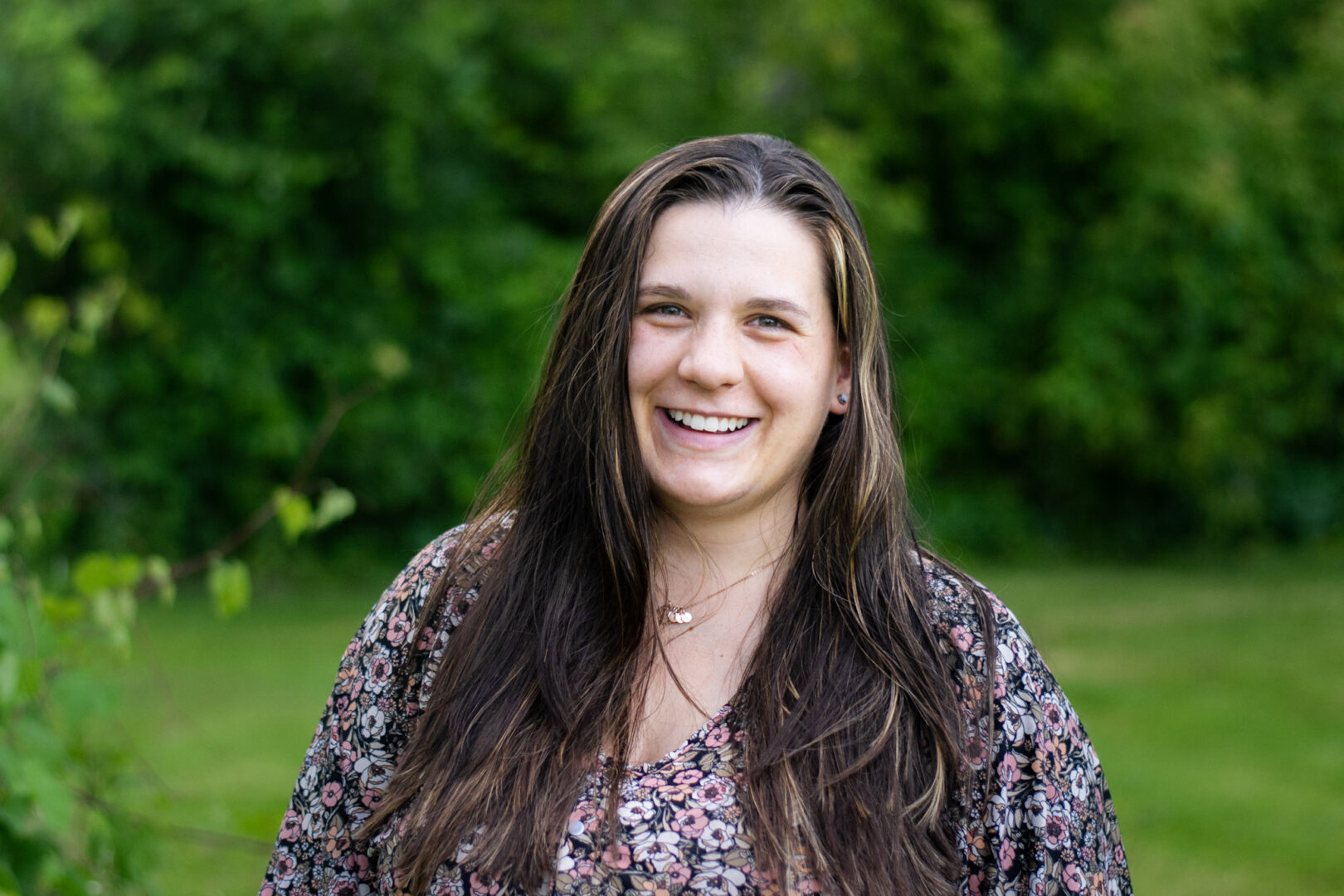We’re excited to introduce you to the always interesting and insightful Amanda Snyder. We hope you’ll enjoy our conversation with Amanda below.
Hi Amanda, so excited to have you with us today and we are really interested in hearing your thoughts about how folks can develop their empathy? In our experience, most folks want to be empathic towards others, but in a world where we are often only surrounded by people who are very similar to us, it can sometimes be a challenge to develop empathy for others who might not be as similar to us. Any thoughts or advice?
When I was 12, I remember being overcome with sadness when my brother broke his foot and couldn’t participate in the activities he loved. When I was 16, I remember avoiding my mom because I internalized her stress. When I was 19, I remember falling asleep with anxiety because my college roommate was anxious. When I was 23 I began to understand these examples were caused by my empathy, which is defined as vicariously experiencing a person’s feelings, perceptions, and thoughts in APA Dictionary. For me, empathy was not a capacity I learned to develop, it was one that was innate in me from the time I could breath. Although a gift, maybe even a superpower, having deep levels of empathy can be overwhelming. I needed to learn how to have boundaries around my feelings so my empathy could drive me to help people rather than drive me to an internal battle with worry. My journey learning to have boundaries to respect this innate capacity within me, began when I was 23, engaging in a Clinical Mental Health Masters course called “Empathy Training.” Psycho-education from this course taught me how to have an intentional awareness of when I was experiencing other people’s feelings and how it was affecting me. This awareness gave me the capacity to use empathy to meet people with compassion, rather than lead me to a spiral of anxiety. This was the key in allowing me increase my well-being all while continuing to meet people with compassion.
Appreciate the insights and wisdom. Before we dig deeper and ask you about the skills that matter and more, maybe you can tell our readers about yourself?
I am a mental health counselor, offering individual, couples, and group therapy services to the Denver community at Pollema Counseling Center. I am passionate about guiding clients toward transformative healing through an empowering therapeutic relationship and trauma informed interventions. I love getting to do therapy because I get to meet awesome people, from all different walks of life, and creatively figure out how to help them reach their goals. I meet my clients with an accepting presence, inviting them to be vulnerable and brave to engage in the hard topics that come up in therapy. One of my favorite parts of therapy is to be able to joke with my clients AND to hold space for their pain in the same session. Having a balance of joy and sorrow is something I strive for in my life and something I want to model in therapy. I am currently accepting new clients, in person and tele-health in the state of Colorado. I specialize in couples counseling, helping individuals process through relationship issues, and trauma-informed care. Upcoming in my practice, I will be leading a DBT Emotion Regulation Group for individuals looking to increase skills in mindfulness, emotion regulation, distress tolerance, and interpersonal effectiveness. Additionally, I am excited to announce I will be EMDR trained in just over a month, to offer new and effective interventions to my clients seeking healing from trauma.
Looking back, what do you think were the three qualities, skills, or areas of knowledge that were most impactful in your journey? What advice do you have for folks who are early in their journey in terms of how they can best develop or improve on these?
Completing graduate school, learning how to be a therapist, and figuring out how to build a brand for myself has been a fun, challenging, and empowering journey. I am confident the journey would not have been as smooth if I did not have the capacity to engage in healthy communication, love for myself, and meaningfulness. First, having the skills to communicate effectively and compassionately with coworkers, supervisors, professors, and classmates is essential to give and receive support in this field. As therapists, we need each other! Whether healthy communication is needed to resolve a work related issue or to seek encouragement during a hard time, having the skill to communicate is a must to succeed in this profession, Second, self-love! As a type this, I am aware it may sound cliche. However, rising up from emotional turmoil, created through challenging circumstances, requires a love and respect for yourself. Having the capacity to give myself love and grace during trying times as allowed me to be able to show up and be present for others. Lastly, feeling like my job is meaningful is the most motivating factor to continue to grow my passion to help my clients. Day to day, I get to see the tangible impact I make on people. Feeling a deep sense of meaningfulness keeps my passion alive and protects me from burnout. If I could give one piece of advice, it is to find meaningfulness in your job, and put daily reminders of what that is in front of you.
How can folks who want to work with you connect?
As a new professional, I am always looking for other therapists to connect with! I value any connections in this field, but am particularly looking to connect with seasoned professionals who are willing to offer advice on growing my business, developing my brand, and taking care of myself as a full-time therapist. If you are interested in connecting, shoot me and email and we can meet up at your favorite coffee shop!
Contact Info:
- Website: pollemacounseling.com
- Instagram: pollemacounselingcenter
